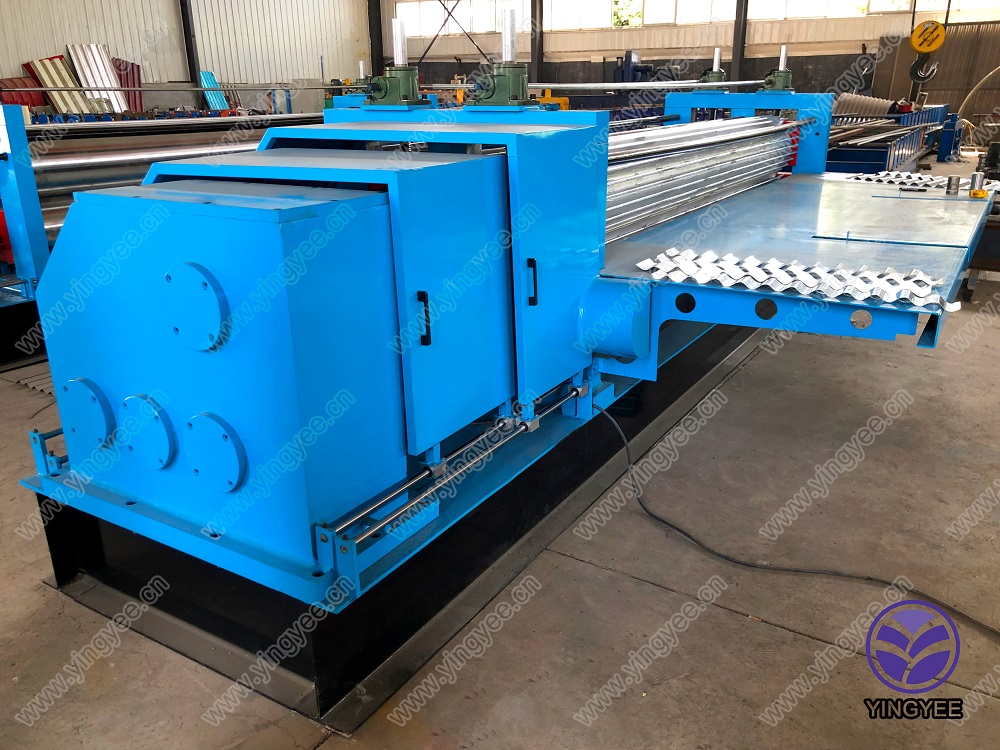Roll forming is a popular manufacturing process used to create various products such as double out stud and track, c channel, drywall, gypsum stud, and wall angle. The process involves feeding a long strip of metal through a series of roll forming stations where each station performs a specific operation on the metal.
One of the key advantages of roll forming is that it allows for high-volume production at a relatively low cost. This makes it ideal for producing long lengths of metal profiles such as stud and track for construction applications. The consistent quality and precise dimensions achieved through roll forming make it a preferred method for producing metal components that need to meet strict specifications.
When it comes to producing double out stud and track, a specialized roll forming machine is used to form the metal strip into the desired shape. The machine consists of a series of roll forming stations that gradually shape the metal strip into the double out stud and track profile. Each station performs a specific bending or shaping operation on the metal strip until the final profile is achieved.
Similarly, roll forming machines can also be used to produce other metal profiles such as c channel, drywall, gypsum stud, and wall angle.
These profiles are commonly used in construction applications for framing walls, ceilings, and other structures. By using a roll forming machine, manufacturers can produce these profiles in large quantities with precision and consistency
 double out stud and track/c channel/drywall/gypsum stud/wall angle roll forming machine
double out stud and track/c channel/drywall/gypsum stud/wall angle roll forming machine.
The roll forming process begins with a flat metal strip that is fed into the roll forming machine. The strip is guided through a series of roll forming stations where each station performs a specific bending or shaping operation on the metal. As the strip progresses through the machine, it gradually takes on the shape of the desired profile.
One of the key advantages of roll forming is its ability to produce complex and intricate profiles with high precision. This makes it ideal for producing metal components that require tight tolerances and precise dimensions. Additionally, roll forming allows for the production of long lengths of metal profiles with minimal waste, making it a cost-effective manufacturing method.
In conclusion, roll forming is a versatile manufacturing process that can be used to produce a wide range of metal profiles such as double out stud and track, c channel, drywall, gypsum stud, and wall angle. By utilizing a roll forming machine, manufacturers can produce these profiles in large quantities with high precision and consistency. Whether it be for construction applications or other industrial uses, roll forming is an efficient and cost-effective method for producing metal components.

